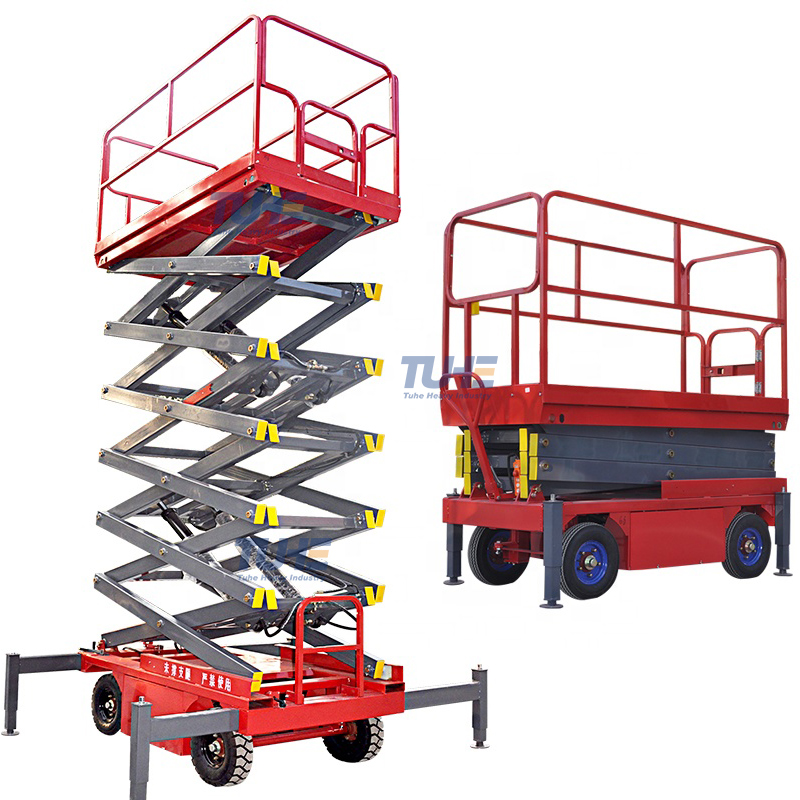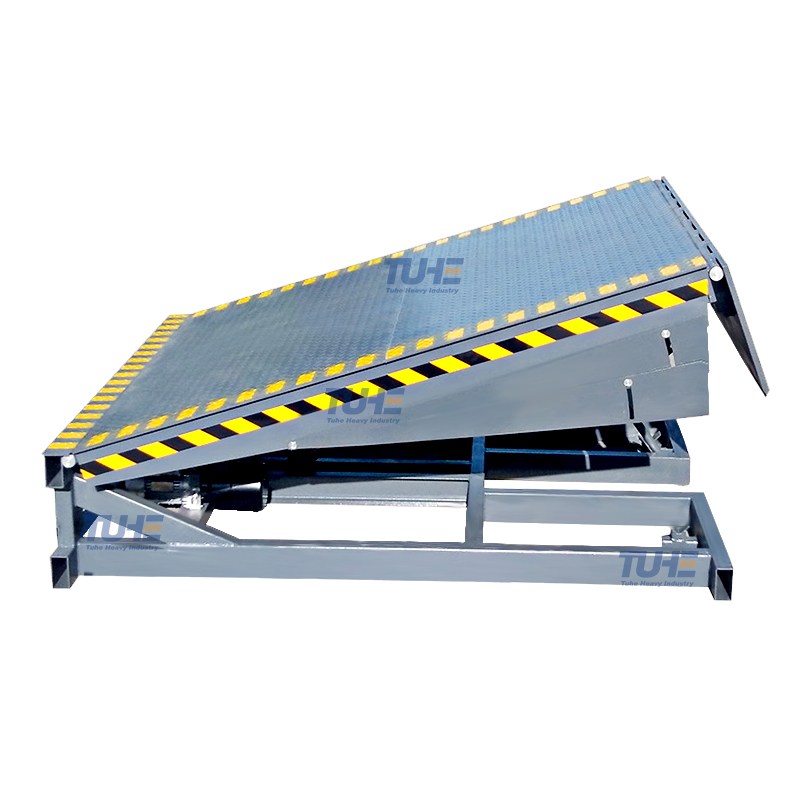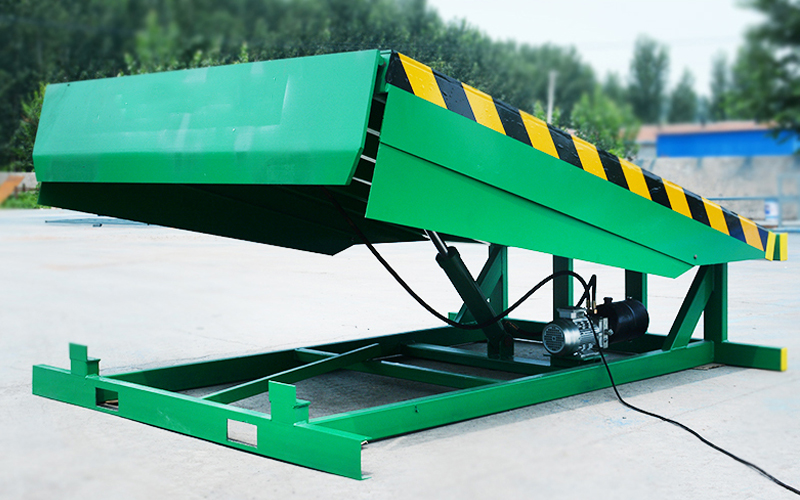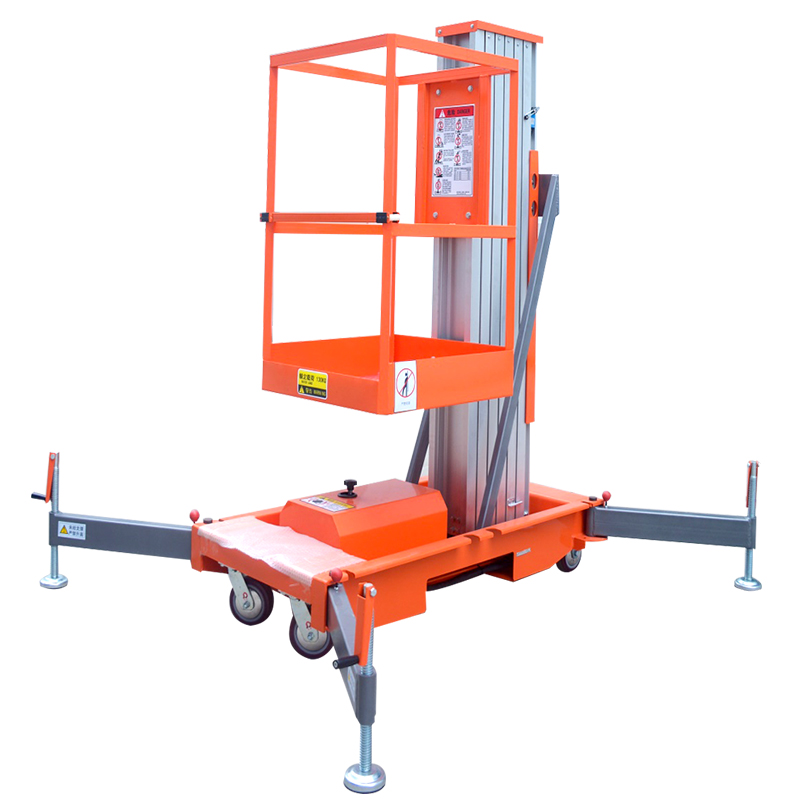Pickup trucks have been an essential tool for farmers, construction workers, and outdoor enthusiasts for years. However, heavy-duty pickup trucks have become increasingly popular in recent years due to their superior towing and hauling capabilities. These trucks are designed to handle heavy loads, but they require a specialized loading ramp to ensure safe and efficient loading and unloading. In this article, we'll explore the key factors to consider when choosing a loading ramp for heavy-duty pickup trucks.
Weight Capacity of the loading ramp for a heavy-duty pickup truck
One of the most critical factors to consider when selecting a loading ramp for a heavy-duty pickup truck is weight capacity. Heavy-duty trucks are designed to haul significant loads, so the ramp must be able to handle the weight of the cargo and the vehicle itself. It's essential to select a ramp with a weight capacity that exceeds the total weight of the load you will be carrying.
Length of of the loading ramp for a heavy-duty pickup truck
The length of the loading ramp is another crucial factor to consider. A ramp that is too short can result in an excessively steep incline, making it difficult to load and unload. It can also be dangerous if the ramp is not secured correctly. On the other hand, a ramp that is too long can be challenging to maneuver and store. The length of the ramp you choose will depend on the height of your truck and the type of cargo you plan to load.
Material of the loading ramp for a heavy-duty pickup truck
Loading ramps can be made of various materials, including aluminum, steel, and composite materials. Each material has its unique benefits and drawbacks. Aluminum ramps are lightweight, making them easy to maneuver and store. They also resist rust and corrosion. Steel ramps are incredibly durable, but they can be heavy and difficult to move around. Composite ramps are a newer option that combines the best of both worlds, offering a lightweight and durable solution.
Surface of the loading ramp for a heavy-duty pickup truck
The surface of the loading ramp is also an essential consideration. A smooth surface can be slippery and dangerous, particularly if the ramp is wet. A textured surface, on the other hand, provides excellent traction, making it safer to load and unload cargo. It's also essential to consider the type of cargo you will be loading. Some materials, such as lumber or pipe, may require a textured surface to prevent them from sliding off the ramp.
Folding vs. Fixed of the loading ramp for a heavy-duty pickup truck
Loading ramps can be either folding or fixed. Folding ramps are designed to fold in half, making them easy to store when not in use. Fixed ramps, on the other hand, are permanently attached to the truck or trailer, making them more secure but less flexible. If you need to use your truck for other purposes when you're not hauling cargo, a folding ramp may be the best option.
Safety Features of the loading ramp for a heavy-duty pickup truck
Finally, it's essential to consider the safety features of the loading ramp you choose. Some ramps come with safety straps or chains that can be used to secure the ramp to the truck, while others have built-in safety features like non-slip surfaces or raised edges to prevent cargo from sliding off the ramp. These features can help prevent accidents and injuries and ensure that your cargo is secure during transportation.
In conclusion, choosing the right loading ramp for your heavy-duty pickup truck requires careful consideration of several factors, including weight capacity, length, material, surface, folding vs. fixed, and safety features. By selecting the right ramp, you can ensure safe and efficient loading and unloading of your cargo, making your heavy-duty truck an even more valuable tool for your work or recreational needs.

222.webp)


660.webp)
503.webp)
695.webp)

